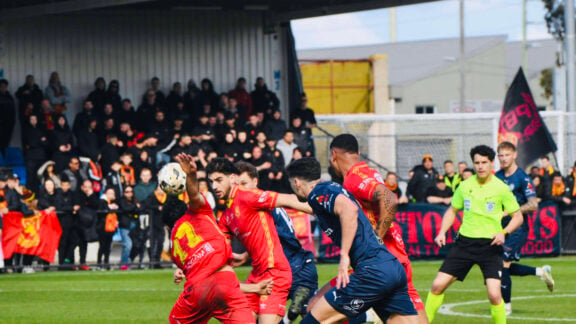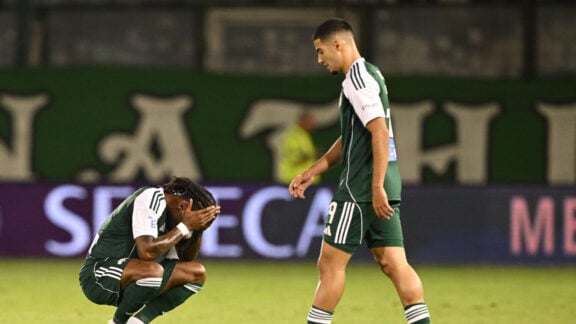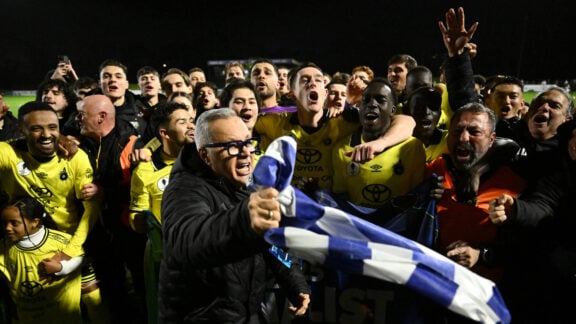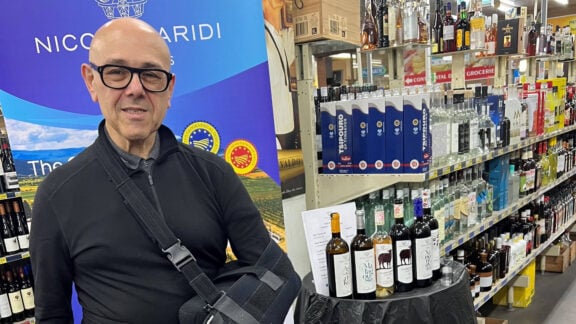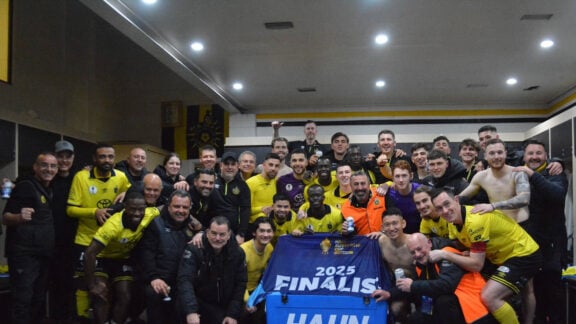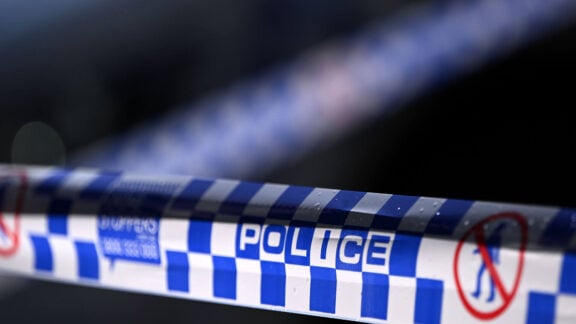Dr Christos N. Fifis in the series of the lectures organised by the La Trobe University Dardalis’ Archives, the Greek Studies Program and the Community of Melbourne, presented a lecture on the politics of the Community from 1928 to 1959. Below is an excerpt:
The Greek Orthodox Community of Melbourne and Victoria (GOCMV) aimed from its inception in 1897 to represent the Greek settlers in Melbourne and Victoria and provide them services (church services, classes of Greek, cultural activities, etc). Sometimes it was disturbed by internal and external strife, divisions and disputes with unwelcome consequences.
The Community often was in strife with the Church authorities due to the fact it was an organisation which was first created for the acquisition of a church and had built around it a Church culture and tradition. The hierarchy came much later.
When the Metropolis of Australia was created in 1924 the official Church ignored the existing situation and came into conflict with it.
The new Metropolis could not support itself financially and was depending on the two existing communities (of Melbourne and Sydney) which also became divided and pressed by insurmountable financial difficulties. The new Metropolitan Christophoros Knitis (1924 – 1928) came into conflict with the two main communities, (those of Melbourne and Sydney).
The Greek Community of Melbourne, in order to cope with additional expenses, had first to close its school and soon after, in 1927, it became bankrupt.
The Nikolaos Kontoyannis’ Community Council was resigning and no one wanted to replace it. On the 8th April 1928 an Extraordinary General Meeting was called by the priest of Evangelismos, Christoforos Dimopoulos, after the suggestion of the outgoing President, that enabled the re-establishing of the Community.
READ MORE: Christos Fifis and the first Greek Community of Australia
The Metropolitan Christophoros Knitis was recalled in 1928 and in 1932 arrived the new Metropolitan Timotheos Evangelinidis, (1932 – 1947). Timotheos became popular and was very careful in his handling of the relations between the Metropolis and the Communites. He sometimes was able and willing to intervene and mediate as a peacemaker in the various disputes and litigations between the Greeks of Australia.
The Community of Melbourne in the 1920s, 30s and 40s was run by conservative Greek businessmen. They appeared to have difficulties to organise the Community School efficiently and in 1940 they were forced to close it for two years. In contrast, a Committee of mothers who took the school over for a year, a little later, managed it efficiently and left it with a small surplus.
These conservative Community councils were making efforts to ostracise Dimokritos and other suspected left-wing organisations and prevent them from participating in Greek community activities.
Although the Metropolitan Theophylaktos (1948-1958) was a gentle and compassionate man, in certain instances he was stubborn and uncooperative. In 1958 he lost his life in a car accident. Alexander Grivas, the prominent journalist and owner of the “Hellenic Herald” praised him as a man with character and noteworthy qualities but criticised his as coward and hesitant in making decisions. He meant decisions for promotion of his Community-centred vision, often envisaged in his journalistic articles. On the other hand, the Exarch Athenagoras who came from England to officiate at Theophylaktos’ funeral used Grivas’ vocabulary to criticise Theophylaktos for his “cowardness” to develop an ecclesiastically-centred system.
READ MORE: If I were Prime Minister… | Christos Fifis
The death of Theophylaktos in 1958 marks the end of an era in the Greek community’s history. The Exarch Athenagoras’ words and actions foreshadowed the actions and events to follow in 1959 and in the decade of the 1960s.
La Trobe University’s next lectures at the Greek Centre are a focus on growing up Greek by Dr Konstandina Dounis (21 August); Greek pioneers Mick Adams, Vlase Zanalis and Harry Corones by Dr Dimitri Gonis (18 September); History of the Greek Cinema in Australia in Greek by Peter Yiannoudes (9 October); and Post-60s Greek Australian youth activism by Dr Toula Nicolacopoulos and Dr George Vassilacopoulos (6 November).

